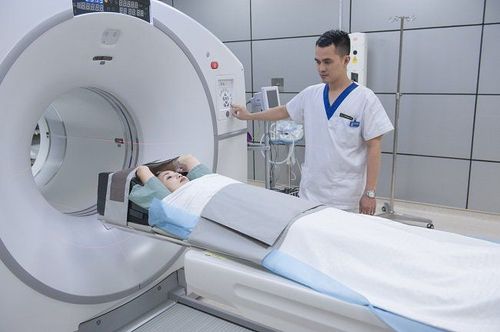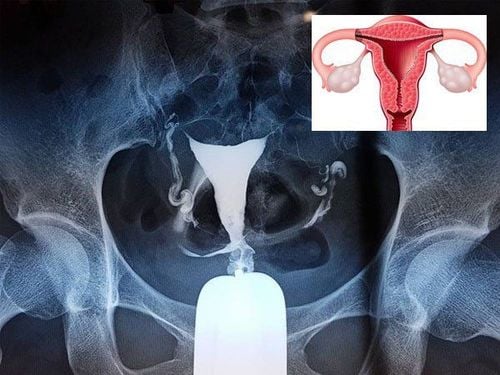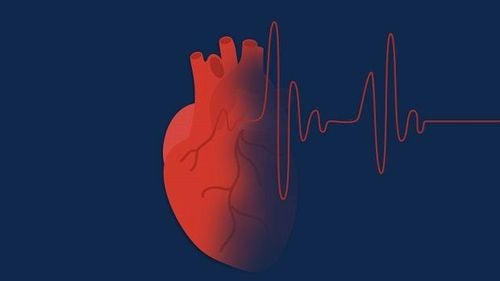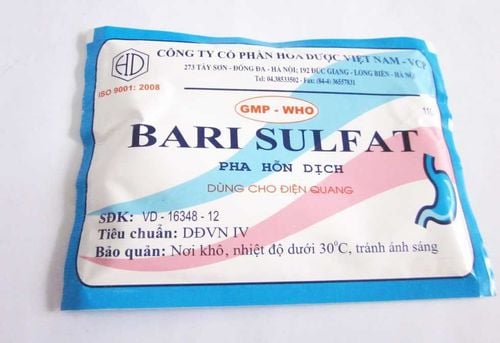This is an automatically translated article.
The article was written by MSc.Dr. Nguyen Le Thao Tram - Doctor of Diagnostic Imaging, Department of Diagnostic Imaging - Vinmec Nha Trang International General HospitalTo get the best shot, your child needs to be still during the shoot. Therefore, the child may need sedation, especially the very young who refuse to lie still. Sedatives are also helpful in children with claustrophobia.
1. What is cranial magnetic resonance?
Magnetic resonance imaging (also known as MRI) is a painless and safe technique that uses a magnetic field and radio waves to create detailed images of the brain. MRI differs from CT Scan (computed tomography) in that it does not use radiation. During the capture process, millions of pixels will be calculated and 3D reconstructed, obtaining fine anatomical detail, high contrast. Therefore, this technique allows to identify each small lesion in the brain when imaging is localized to this part.
2. How is this method done?
MRI helps detect a variety of brain diseases such as cysts, hemorrhages, edema, tumors, structural abnormalities... Not only that, it also identifies arteriovenous shunts, cerebral vascular lesions.
Cranial MRI is also useful in evaluating problems such as persistent headache, dizziness, weakness, blurred vision, or seizures. At the same time, MRI can also help detect chronic diseases of the central nervous system such as multiple sclerosis.
In many cases, MRI also detects conditions that are not visible on X-ray, CT or ultrasound such as pituitary gland and brain stem disorders.
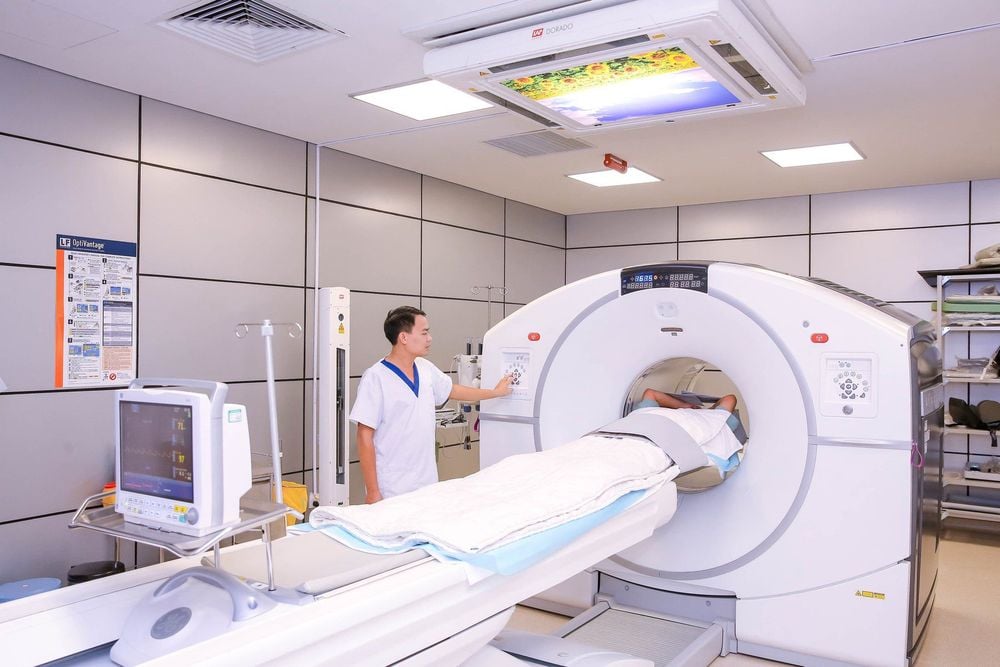
Chụp cộng hưởng từ (MRI) an toàn
3. Things you need to do to prepare your child
For the most part, a cranial MRI does not require any special preparation. The technician will need your child to remove any metal objects/devices such as glasses and jewelry, as these can cause artifacts in the film. You will also be asked to make sure your child is not carrying metal devices after surgery or other devices that could interfere in strong magnetic fields. Please note, electronic devices are not allowed in the MRI room.
A sedative or anesthetic may be given intravenously to help the child sleep during the scan. In this case, the child should not drink water or eat before (about 4-6 hours) to empty the stomach.
Most importantly, you need to inform the technician about any allergies, drug reactions the child has or is having.
You can stay in the room with the child until the photo shoot, in some special cases we allow parents to stay with the child during the shoot with certain requirements, this is to help ensure Safe for children, parents as well as the best shooting results.
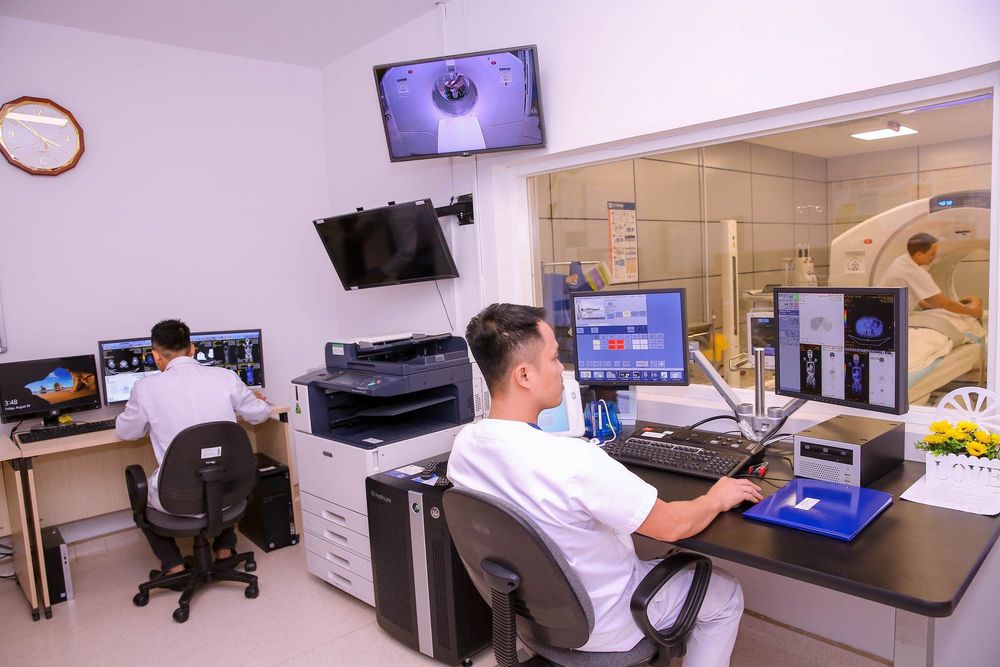
Trước khi chụp, trẻ sẽ được bác sĩ tư vấn kĩ về việc chụp MRI
4. How will cranial magnetic resonance imaging take place?
A typical brain MRI scan will take about 30-45 minutes. Your baby will lie on a bed and the technician will place a special device called a "Coil" around your baby's head. The table will be inserted into the "cage" and the technician will begin to take pictures of your baby's skull through a number of pulses. This scan will make some noise even though the baby is covered first, and the baby will feel the heat in the imaging area. If sedation or anesthesia is used, the baby will be monitored for vital signs such as heart rate, breathing rate, and blood oxygen levels during the scan through a machine that is captured on the baby.In some cases, the child will receive an injection of contrast material from a vein. Magnetic contrast allows the lesion to be prominent and helps the doctor better orient the lesion. Magnetic contrast agents used in MRI are generally safe, but allergic reactions can still occur. Your doctor will advise you on the benefits and risks of contrast medium in each individual case.
After the scan is complete, the technician will take the baby to the recovery room for further monitoring, especially in the case that the baby is using anesthesia and/or contrast medium.
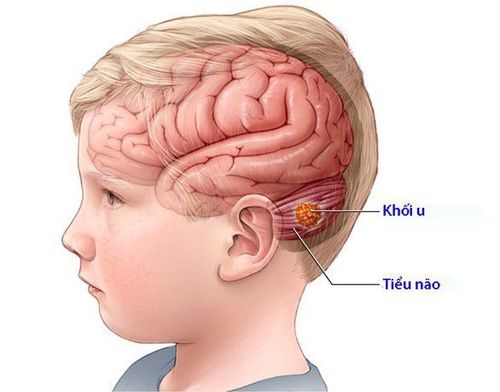
Chụp MRI cho trẻ em thường diễn ra trong khoảng 45 phút
5. What to expect from cranial magnetic resonance imaging?
An MRI examination is painless. Your baby should lie still on the MRI table for 30-45 minutes during the procedure, but there are short breaks between each scan. If the baby is cold while lying in the imaging room, the technician will provide blankets.Unless sedation or contrast medium is given, your baby can immediately return to normal routines and diet. Most sedatives will clear up within 1-2 hours and 24 hours for contrast agents.
The Radiographer will read the baby's MRI images. They will send the results to your primary doctor, who will discuss the results with you and explain what they mean. In most cases, results cannot be given directly to the patient or family. If in an emergency, the MRI results will be read first and will have the results quickly.
6. Risk of this method?
MRI is safe and relatively easy. There are no health risks associated with magnetic fields or radio waves, as low-energy radio waves do not use radiation. This technique can be repeated without side effects.If your baby needs sedation, you can discuss the risks and benefits of sedation with your doctor. Also, because contrast medium can cause allergic reactions in some children, be sure to give your child thorough counseling and possibly an anti-allergy medication in certain cases. Medical staff are required to handle an allergic reaction.
If your baby has impaired kidney function, this is an important condition you need to tell your doctor before using contrast medium because it can lead to some complications although rare.
7. Help your baby
Be aware of noise during the shoot so your baby doesn't panic. You can also say that you will be nearby during the shoot.If contrast medium or sedation is needed, you can tell your child that the puncture is small and will only hurt a little. If your child is alert and cooperative enough, explain to keep him still.
Vinmec International General Hospital is one of the hospitals that not only ensures professional quality with a team of leading doctors, modern equipment and technology, but also stands out for its examination and consulting services. and comprehensive, professional medical treatment; civilized, polite, safe and sterile medical examination and treatment space.
Customers can directly go to Vinmec Health system nationwide to visit or contact the hotline here for support.
SEE ALSO:
Computed tomography (CT) for children: What to know before - during - after a brain magnetic resonance imaging (MRI) scan? What cases need magnetic resonance imaging (MRI) of the brain?






